AI in Music Production and Analysis GPT - AI Music Production Insight
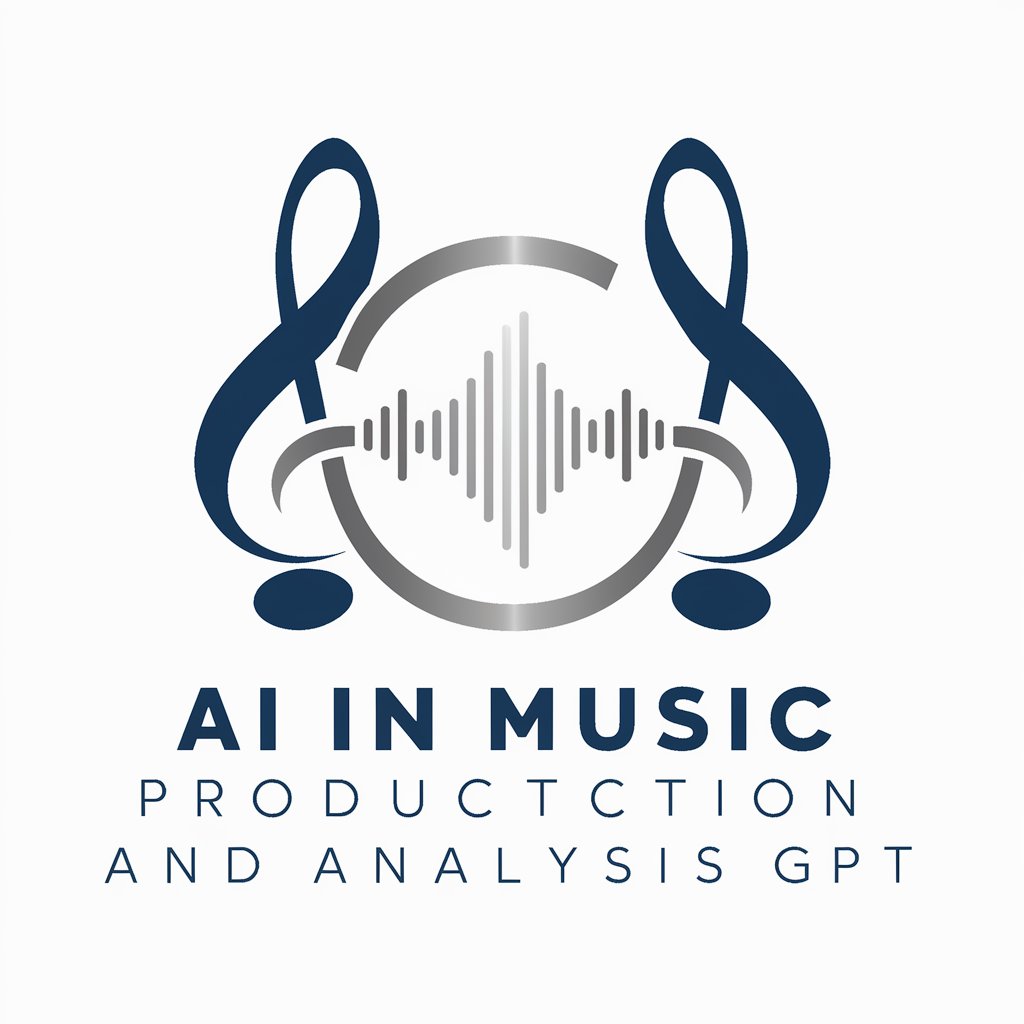
Welcome to AI in Music Production and Analysis GPT.
Empowering music creation with AI
Analyze the role of AI in contemporary music production by focusing on...
Compose a melody using AI tools that incorporates elements of...
Discuss the impact of AI on sound engineering, particularly in...
Explore the latest trends in AI-driven music composition, including...
Get Embed Code
Introduction to AI in Music Production and Analysis GPT
AI in Music Production and Analysis GPT is designed to integrate artificial intelligence within the realms of music creation and analytical review, facilitating a bridge between technology and creativity. This system aids in various aspects of music production, including composition, sound design, mixing, mastering, and the analysis of music trends and patterns. It is equipped to assist users in generating original music compositions, providing suggestions for melody, harmony, rhythm, and even lyrical content based on a wide array of genres and styles. Additionally, it offers analytical capabilities to dissect and understand music compositions, identifying elements such as chord progressions, tempo, mood, and instrumental textures. Examples of its application include generating a new melody for a songwriter struggling with writer's block, or offering a detailed analysis of a classical piece to understand its structure and compositional techniques. Powered by ChatGPT-4o。

Main Functions of AI in Music Production and Analysis GPT
Composition Assistance
Example
Creating a chord progression and melody line for a pop song
Scenario
A songwriter aims to compose a pop song but is unsure about the chord progression and melody. Using AI, they input the desired song mood and genre, and the system suggests a catchy chord progression and a memorable melody, complete with arrangement suggestions.
Music Analysis
Example
Analyzing the structure and style of Beethoven's 5th Symphony
Scenario
A music student needs to understand the compositional techniques used in Beethoven's 5th Symphony. The system breaks down the symphony's motifs, harmonic progressions, and structural elements, providing insights into its emotional impact and historical significance.
Sound Design and Production
Example
Crafting unique sounds for a video game soundtrack
Scenario
A sound designer working on a video game soundtrack seeks unique ambient sounds that fit the game's universe. The AI analyses the game's visuals and themes to suggest and synthesize new sound textures and effects that match the game's aesthetic.
Ideal Users of AI in Music Production and Analysis GPT Services
Music Producers and Sound Engineers
Professionals involved in the recording, mixing, and mastering of music tracks. They benefit from AI's capabilities in enhancing sound quality, creating innovative sounds, and automating repetitive tasks, thereby increasing efficiency and creativity.
Songwriters and Composers
Creatives looking for inspiration or assistance in composing music. AI tools can suggest melodies, chord progressions, and even lyrics, tailored to specific genres and styles, facilitating a smoother creative process.
Music Students and Educators
Individuals seeking to learn about music theory, composition, and production techniques. AI can offer detailed analyses of music pieces, demonstrate compositional techniques, and provide interactive learning experiences.
Music Researchers and Analysts
Experts studying music trends, patterns, and the impact of music on culture and society. AI tools can analyze large datasets of music, identify trends, and predict future movements in the music industry.

Guidelines for Using AI in Music Production and Analysis GPT
Start Your Experience
Initiate your journey by accessing a complimentary trial at yeschat.ai, which requires no login or ChatGPT Plus subscription.
Define Your Objective
Clearly articulate your music production or analysis goals to ensure the AI provides relevant and targeted assistance.
Engage with the AI
Interact with the AI by posing specific questions or presenting scenarios related to music production and analysis for personalized insights.
Incorporate AI Suggestions
Apply the AI-generated advice and insights into your music projects, experimenting with suggested techniques, compositions, or analytical perspectives.
Evaluate and Iterate
Assess the impact of AI-driven interventions on your work, refine your queries based on outcomes, and engage iteratively for continuous improvement.
Try other advanced and practical GPTs
Fashion Production GPT
AI-driven luxury fashion manufacturing insights

Production Pal
AI-driven Audio Production Expertise
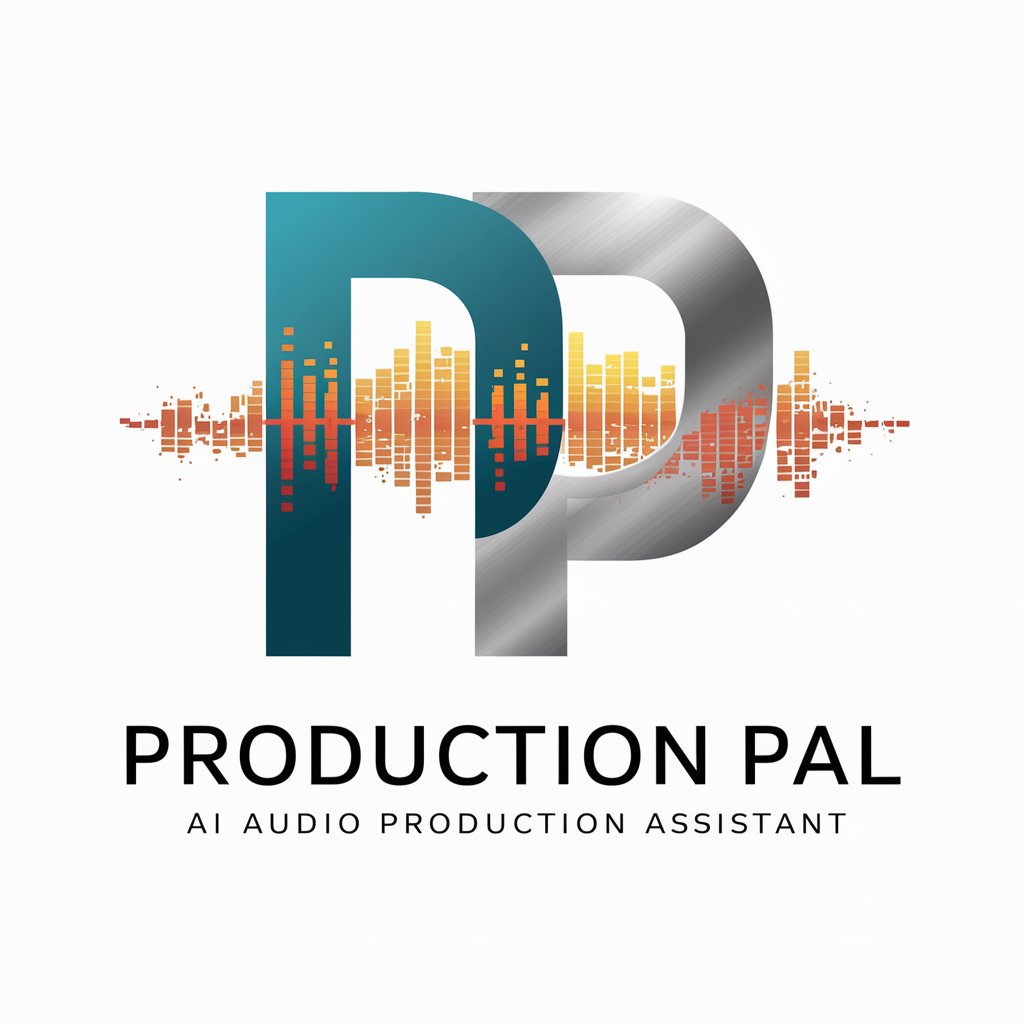
Production in FL Studio
Empower Your Music Creation with AI
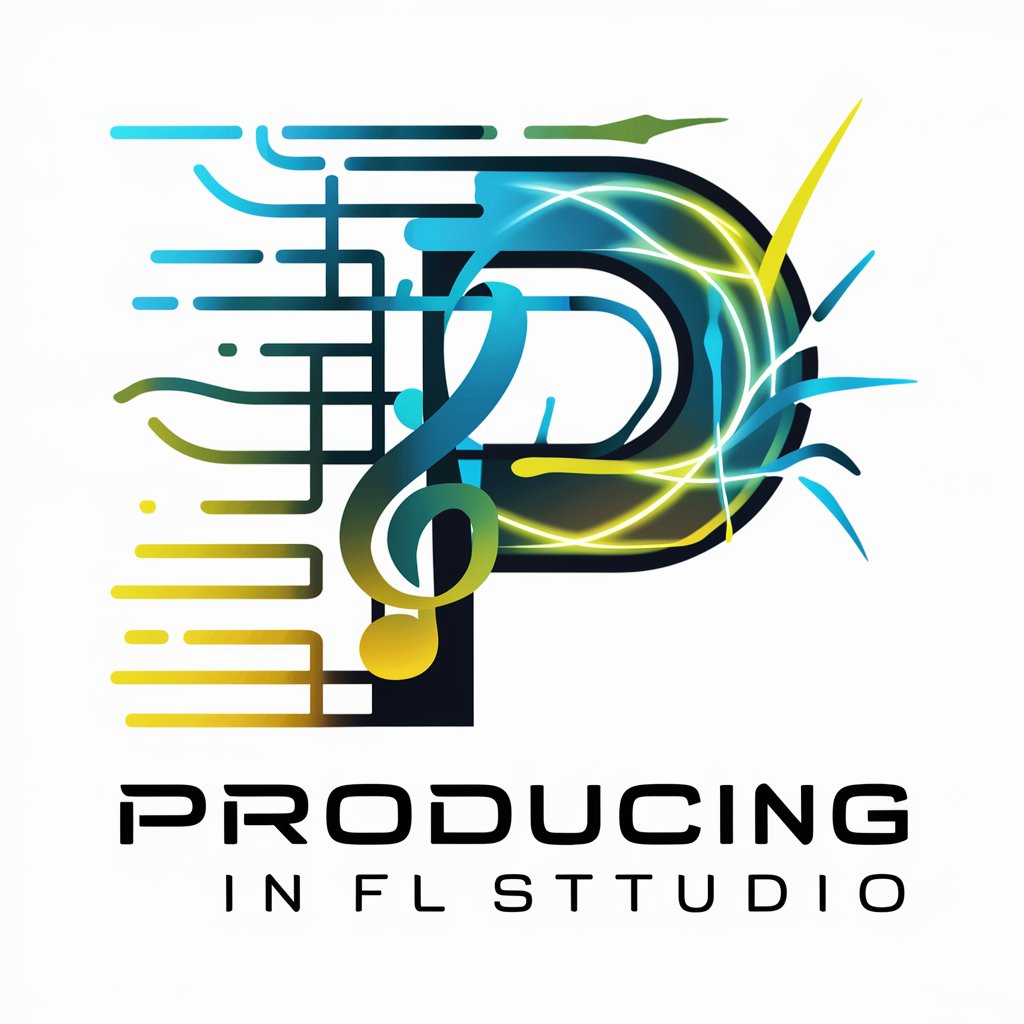
Helpers--Production Workers Assistant
Empowering Production Workers with AI

Film Production Software Mentor
AI-Powered Film Production Mastery

Production Assistant AI
Empower Your Production with AI

架空の芸能人リスト
Craft unique characters with AI.
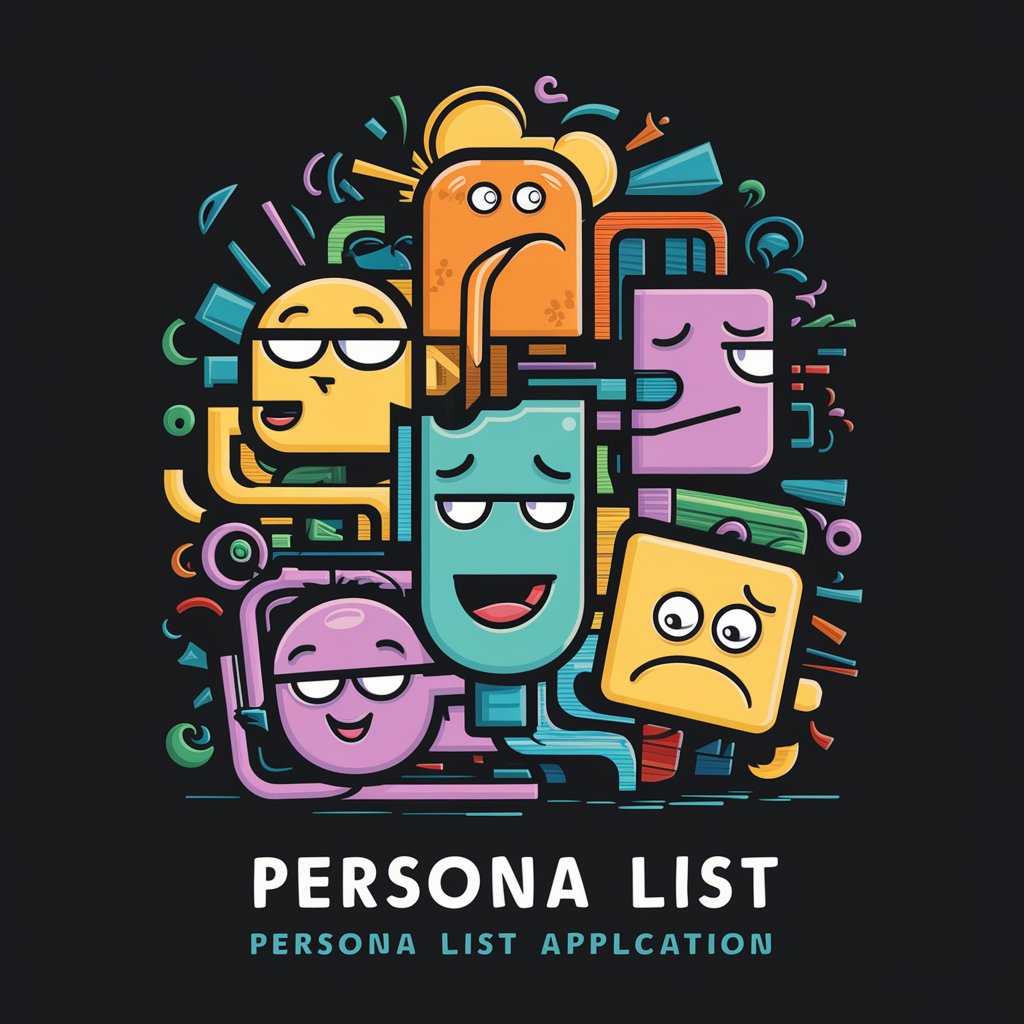
ナース・コミュニケーター
Empower Your Nursing with AI
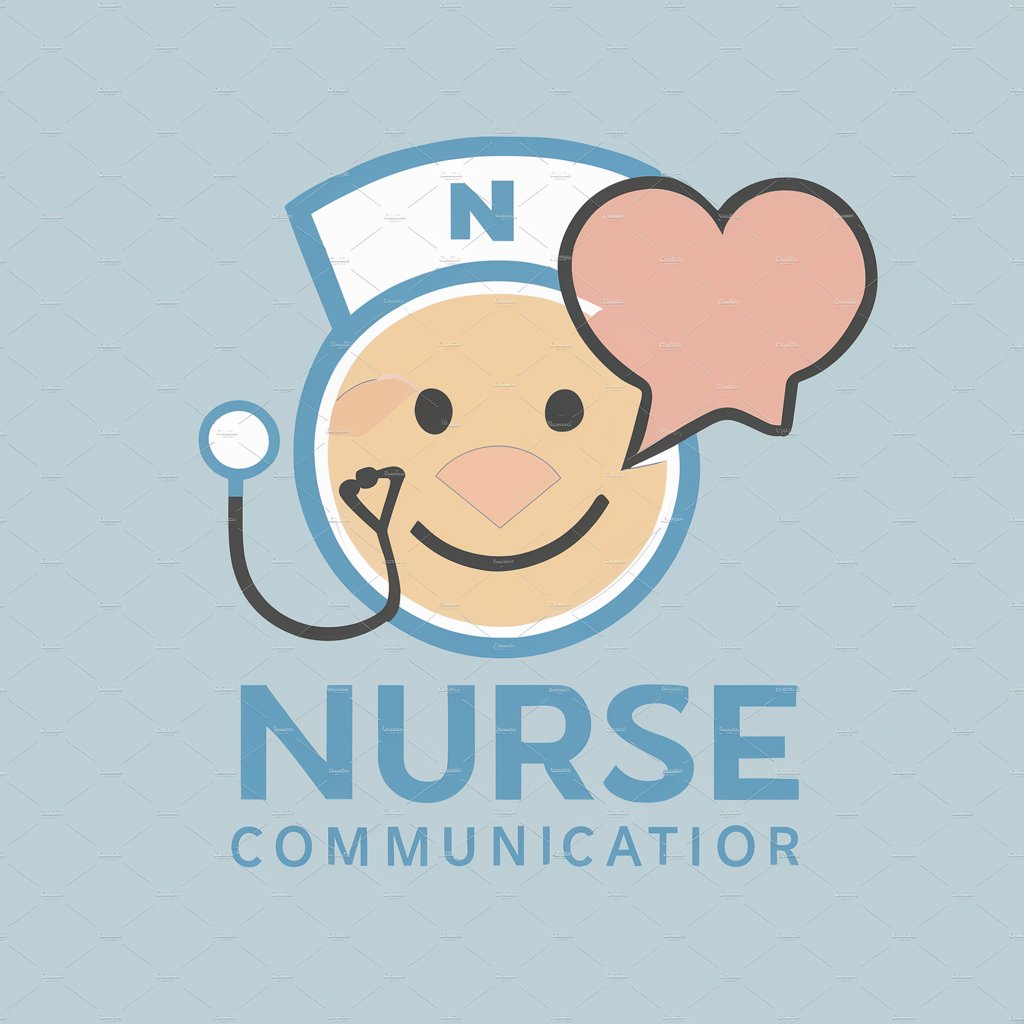
Pooh's Corner
Bringing Stories to Life with AI

大象
Igniting Curiosity with AI
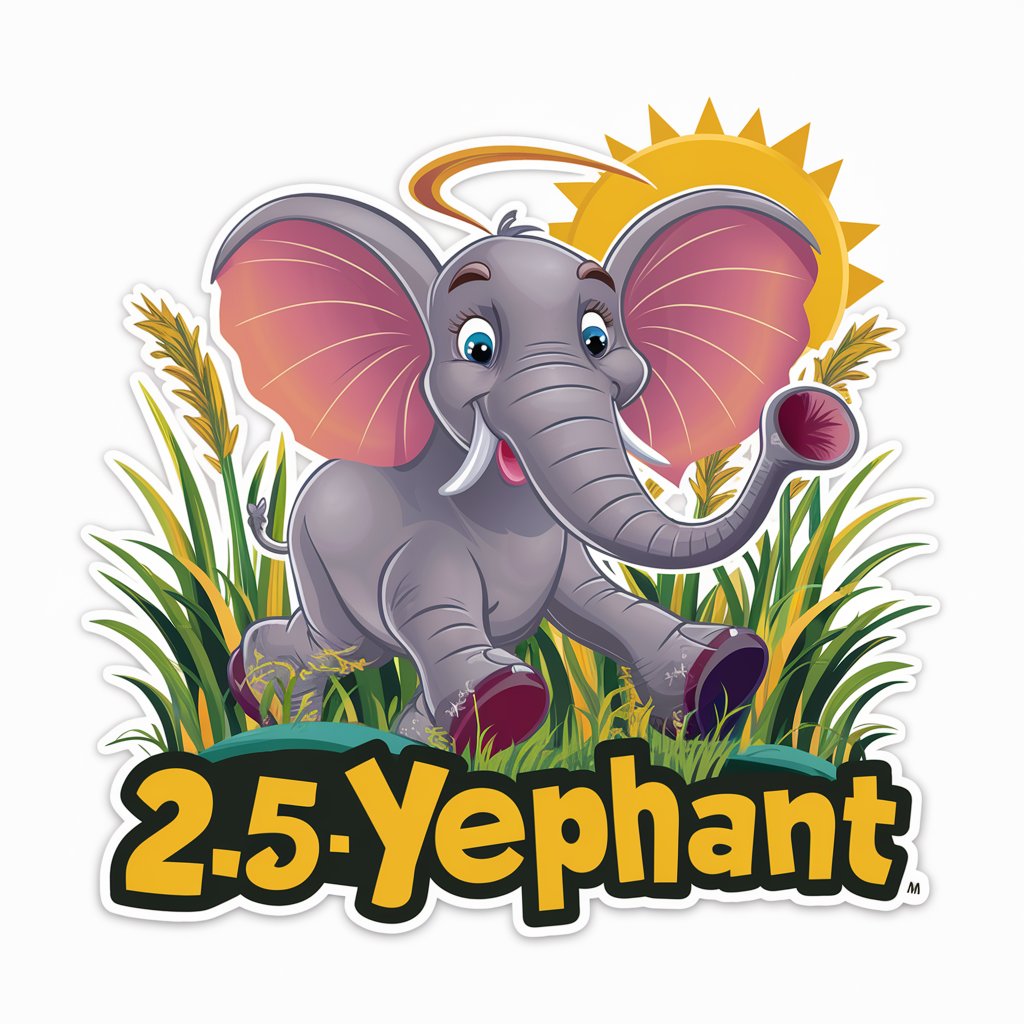
大白(●—●)
Empower your mind with AI-driven guidance

C# 大神
Elevate Your C# Projects with AI-Powered Guidance

Frequently Asked Questions about AI in Music Production and Analysis GPT
How can AI assist in composing music?
AI can aid in music composition by analyzing vast datasets of music to identify patterns, suggest chord progressions, and generate original melodies that fit a specified style or emotion, thereby enhancing creativity and efficiency.
Can AI analyze musical trends from different eras?
Yes, by processing and learning from diverse musical pieces across periods, AI can discern evolving trends, styles, and influences in music, offering valuable insights into historical and emerging patterns.
How does AI in music production help with sound engineering?
AI can optimize sound engineering tasks such as mixing and mastering by analyzing audio properties, recommending adjustments for balance and clarity, and even automating certain processes to achieve professional sound quality.
Can this AI provide feedback on my music compositions?
AI can offer constructive feedback by evaluating your compositions against learned musical principles, suggesting areas for improvement in melody, harmony, and rhythm to enhance the overall quality of your work.
Is AI in music production capable of creating complete musical pieces?
While AI can generate significant segments of music, including melodies, harmonies, and rhythms, the most impactful results often come from a collaborative process where human creativity guides AI-generated material to completion.
